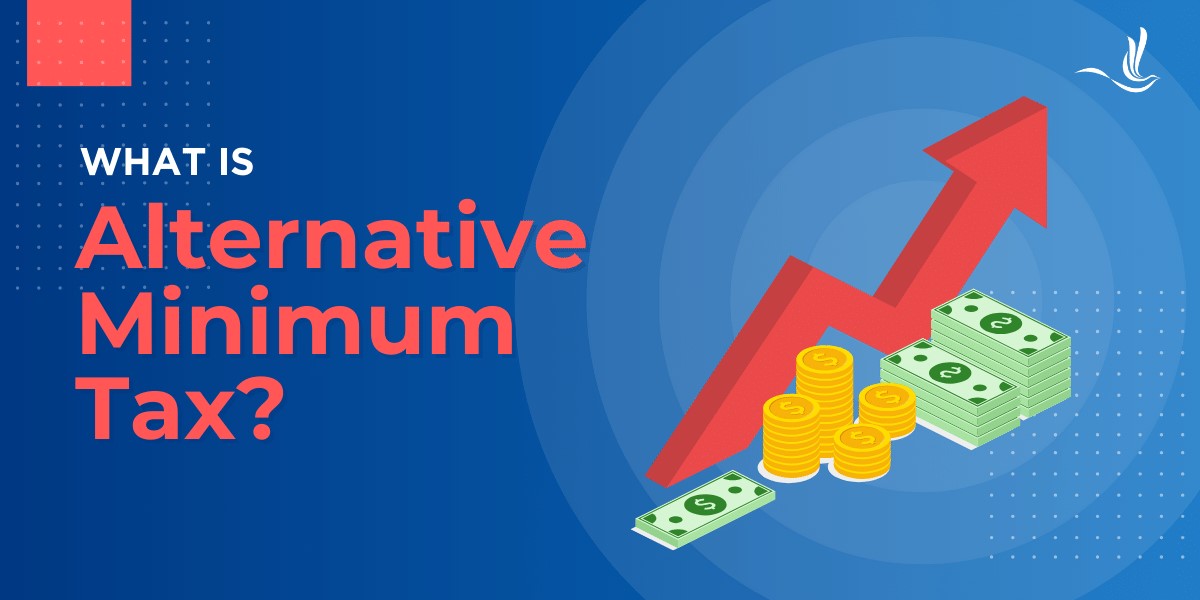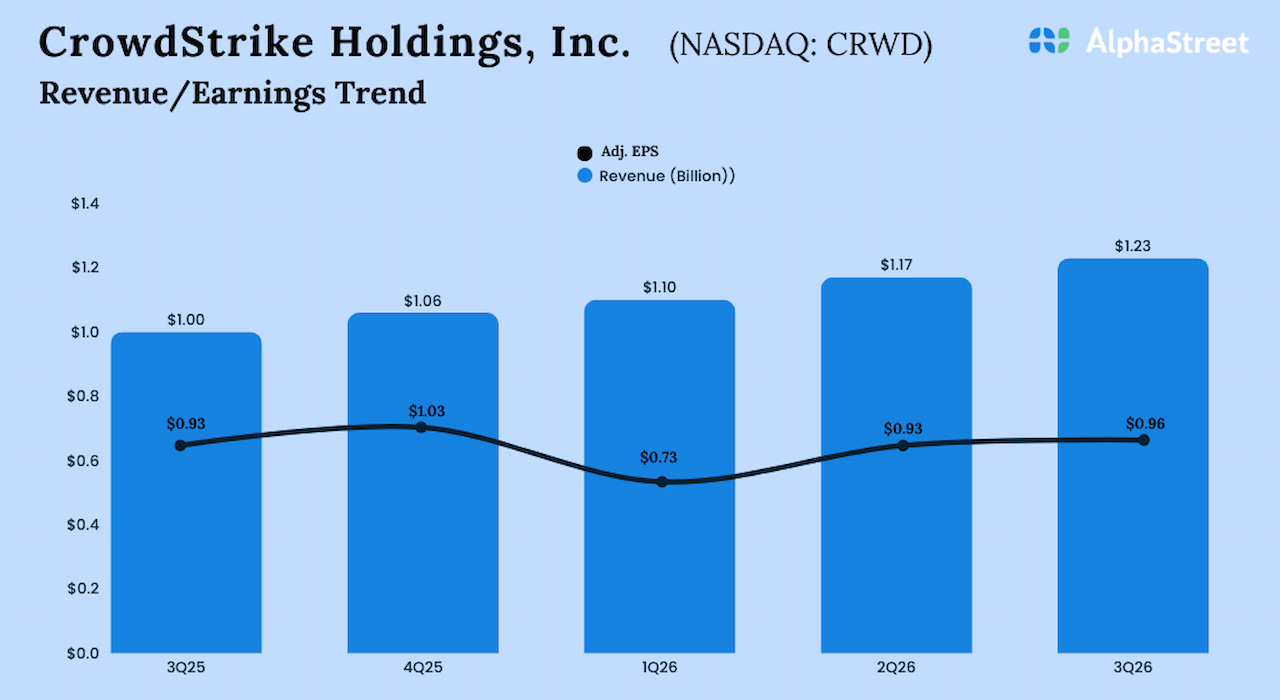Updated for tax years 2024 and 2025.
You may qualify for the qualified business income deduction (QBI deduction) if you’re filing taxes as a self-employed taxpayer or as a small business owner. The best part about QBI deduction? You don’t even have to do anything to take this tax deduction as long as your business income and the nature of your business make you eligible.
What is qualified business income?
The IRS defines QBI as “the net amount from qualified items of income, gain, deduction, and loss from any qualified trade or business.”
In plain talk, it’s the net profit your business earns, not including certain things like wages, capital gains, dividends, or interest.
What is the qualified business income deduction?
The QBI deduction, created under the Tax Cuts and Jobs Act (TCJA), lets eligible business owners deduct up to 20% of their qualified business income. This deduction is also called the 199A deduction, as it is addressed in Section 199A of the TCJA.
What is the purpose of the QBI deduction?
The main purpose of the QBI deduction is to provide tax relief for owners of pass-through businesses, which don’t pay corporate income tax. Instead, income from these businesses “passes through” to the owner’s individual tax return, where it’s taxed at personal income rates.
What business types qualify for QBI?
You can claim the QBI deduction if you own a pass-through entity, which includes the following:
Sole proprietorships (Schedule C filers)
Partnerships
S corporations
Limited liability companies (LLCs) taxed as any of the above
Certain trusts and estates
Basically, if your business income shows up on your individual tax return, it’s likely eligible for the deduction — unless you exceed certain income thresholds or run a business classified as an SSTB (more on that soon).
How does the QBI deduction work?
The QBI deduction lets you deduct up to 20% of your qualified business income from your taxable income.
The QBI deduction actually has two parts — one for QBI, and one for certain investments like qualified real estate investment trust (REIT) dividends and publicly traded partnership (PTP) income:
The QBI part lets you deduct 20% of your qualified business income, but it may be limited based on your W-2 wages paid or the unadjusted basis immediately after acquisition (UBIA) of property your business owns.
The REIT/PTP part is also a 20% deduction, based on qualified REIT dividends and PTP income, but this part isn’t limited by wages or property values.
You can claim the QBI deduction whether you take the standard deduction or itemize. However, the total QBI deduction is limited to either the QBI component plus the REIT/PTP component OR 20% of your taxable income minus your net capital gains (whichever is less).
What counts as qualified business income?
Some examples of qualified business income include:
Net profits from your sole proprietorship, S corp, LLC, or partnership
Deductible self-employment tax (the portion of Social Security and Medicare taxes you can write off)
Self-employed health insurance premiums
Retirement contributions (like SEP IRAs or SIMPLE IRAs)
Unreimbursed partnership expenses
Business interest expense
What doesn’t count as qualified business income?
Not everything in your business’s financial world counts toward QBI. The following are examples of excluded items:
C corporation income
Wages you pay yourself (like S corp salaries)
Investment income (capital gains or losses, dividends)
Interest income not related to the business
Income earned outside the U.S. from foreign businesses
Rental income, unless it’s considered a trade or business under IRS rules
Guaranteed payments from a partnership
Check out the IRS website for a more extensive list of what is not included in QBI.
SSTBs vs. non-SSTBs: Why your business type matters
Here’s where the QBI deduction gets a little more complicated. The IRS separates businesses into two big buckets: SSTBs and non-SSTBs.
SSTBs (specified service trades or businesses)
These are businesses that rely heavily on the skill or reputation of the owner or employees. SSTBs often provide your expertise as the service provided. For the QBI deduction, businesses in the following fields count as an SSTB:
Health professionals (doctors, dentists, veterinarians)
Legal services
Accounting (CPAs, tax professionals, financial services)
Consulting
Brokerage services (investment managers, trading, dealing in securities)
Performing arts (actors, entertainers)
Athletes
Agricultural science
Engineering and architecture businesses are not considered SSTBs when figuring the QBI deduction.
If your business falls into the SSTB category, your ability to take the QBI deduction phases out once your income passes a certain limit, which we’ll cover below.
However, you don’t need to worry about whether your business is an SSTB unless your total taxable income is $197,300 in 2025 ($394,600 for joint filers). In 2024, these amounts were $191,950 and $383,900, respectively.
Read the full IRS definition of an SSTB.
Non-SSTBs
Here are some examples of non-SSTBs. This category tends to include many self-employed jobs or single-owner businesses:
Retail shops
Restaurants and food trucks
Childcare
Rideshare services
Construction companies
Manufacturing
Plumbers, electricians, mechanics
If your business is not an SSTB, the income limits still apply, but you may still qualify for a partial or full deduction depending on your situation.
Income limits and calculating the QBI deduction
Your ability to claim the full QBI deduction depends on your total taxable income (wages, capital gains, interest, etc.). If you’re over the limit, your QBI deduction might phase out or disappear altogether.
Here’s the breakdown of a taxpayer’s taxable income limits for tax years 2024 and 2025:
Full deduction example
Below the threshold? You’re in the clear — both SSTBs and non-SSTBs qualify for the full 20% tax break.
To calculate your deduction, you’ll take either 20% of your qualified business income OR your taxable income minus net capital gains and dividends, whichever is less.
For example, say you have $20,000 QBI, $80,000 total taxable income, and $5,000 capital gains. Since your QBI is less than your taxable income minus your gains, you’d apply the 20% to the $20,000 QBI, resulting in a $4,000 deduction.
Phase-out range and above examples
In the phase-out range?Non-SSTBs start to lose the deduction gradually. SSTBs can still qualify, but they’re subject to extra limitations.
Calculating the deduction gets more complicated when you enter the phase-out range, but TaxAct makes it easy for you. Simply answer our interview questions, and we’ll handle the math!
Above the phase-out range?
SSTBs are no longer eligible for the QBI deduction.
Non-SSTBs: You may still qualify, but the deduction is capped based on the greater of:
50% of the W-2 wages paid by your business
25% of the W-2 wages paid plus 2.5% of the business’s UBIA in all qualified property
Sound confusing? No worries — if you use TaxAct to file your self-employed or small business taxes, we’ll walk you through the QBI deduction calculation step-by-step, no matter what your business type is.
How to claim the QBI deduction with TaxAct
How you claim the qualified business income deduction using TaxAct depends on what type of business you have. We’ve linked detailed instructions for each business type below:
Tips for maximizing the QBI deduction
A few strategies can help you get (or keep) that 20% QBI deduction. Here are some ideas to consider:
Stay below the income limits, especially if you’re an SSTB — consider deferring income or increasing deductions to keep taxable income under the threshold.
Pay yourself reasonable compensation if you’re an S corp owner. Only profits (not your wages/salary) qualify for the QBI deduction.
Contribute to retirement plans or accelerate your deductions to lower your taxable income and potentially qualify for the full deduction.
Work with a tax professional or use tax software (like TaxAct!) that automatically calculates your QBI deduction based on your business details.
The bottom line
The QBI deduction can help you reduce your tax bill as a small business owner, but it comes with some fine print. Knowing how your business type, income level, and expenses affect your eligibility can make a big difference when it’s time to file your income tax return.
Want help figuring it out? TaxAct makes it easy to claim the QBI deduction and keep your small business taxes stress-free.
This article is for informational purposes only and not legal or financial advice.
All TaxAct offers, products and services are subject to applicable terms and conditions.




























